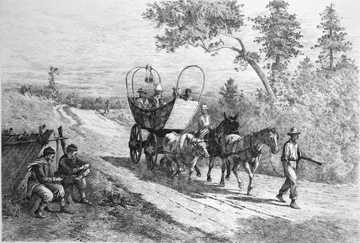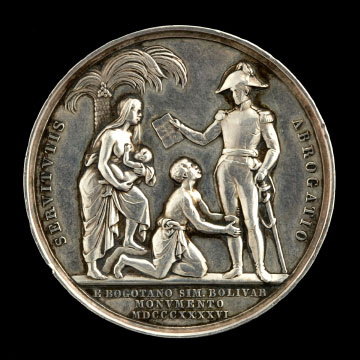Emancipation Movements


Slavery and the slave trade were always controversial practices. While nearly all societies in the Atlantic world accepted slavery and unfreedom, the institution always faced some opposition. Even as early as the sixteenth century, some individuals (like Bartolomé de las Casas, for example) argued against enslavement on moral grounds. As slavery grew in economic and political significance, imperial and colonial powers faced powerful, organized pressure to support and maintain slavery. As a consequence, the different movements that advocated for the end of slavery and the end of the slave trade had to mobilize a variety of moral, legal, social, and political resources to be successful.
Emancipation movements generally evolved along two different lines: one opposing the slave trade and another opposing slavery. Several reasons existed for this separation. Some activists did not contest the legal basis of slavery; rather, they argued that the transatlantic slave trade was brutal and murderous and should be ended. Other abolitionists supported the end of slavery (and the slave trade) entirely, promoting plans for either gradual or immediate emancipation.
Proponents of emancipation slowly gained support through the eighteenth century. In the later decades of the 1700s, the Enlightenment and the Age of Revolutions caused Europeans to reconsider and expand their ideas of individual rights and liberty. Those tumultuous decades spurred greater public support for abolitionist causes. Campaigners in Great Britain succeeded in outlawing their slave trade in 1807. Other European nations followed, but not without resistance. It took another generation (with the exception of Haiti) to begin outlawing slavery around the Atlantic. A wave of emancipation started with the British Empire in 1833 and pushed forward into the 1860s. Despite these advances, some people in the Americas continued living under slavery until the twentieth century.






